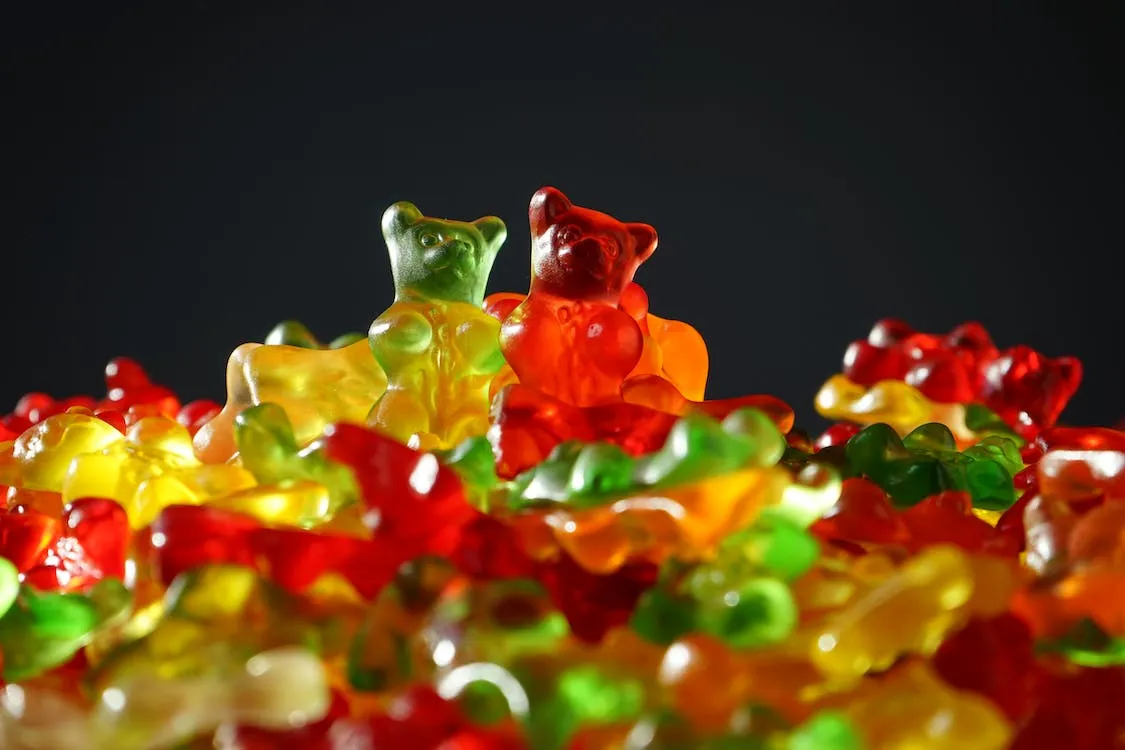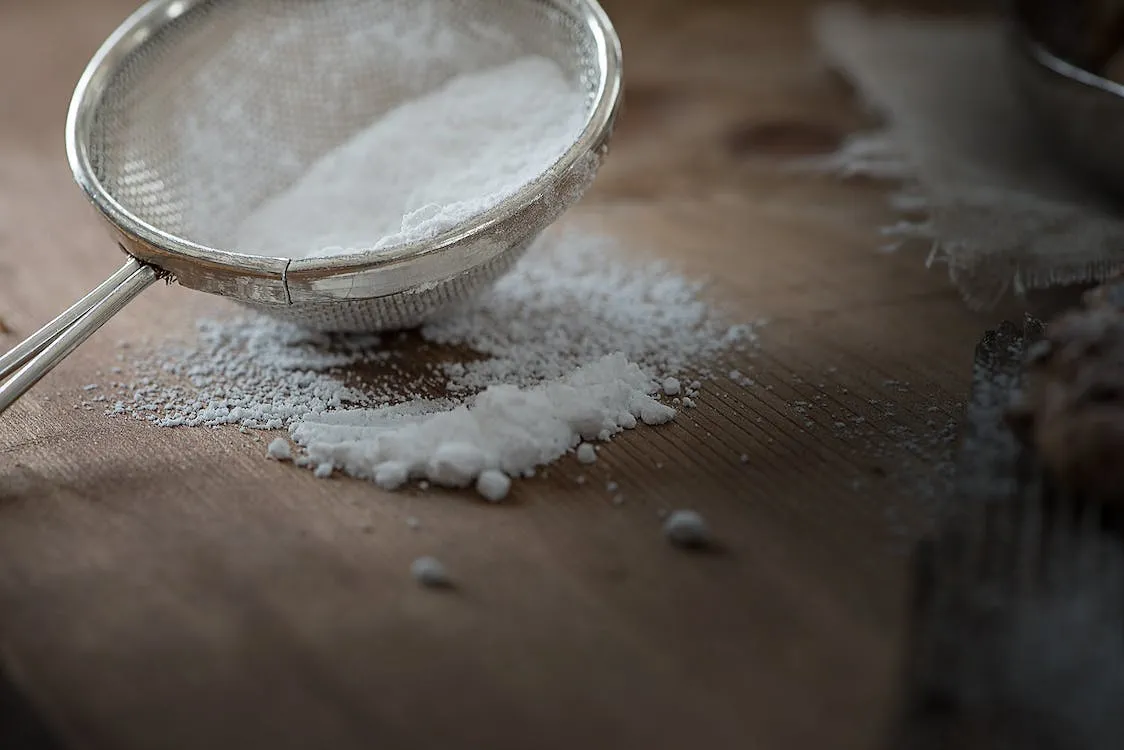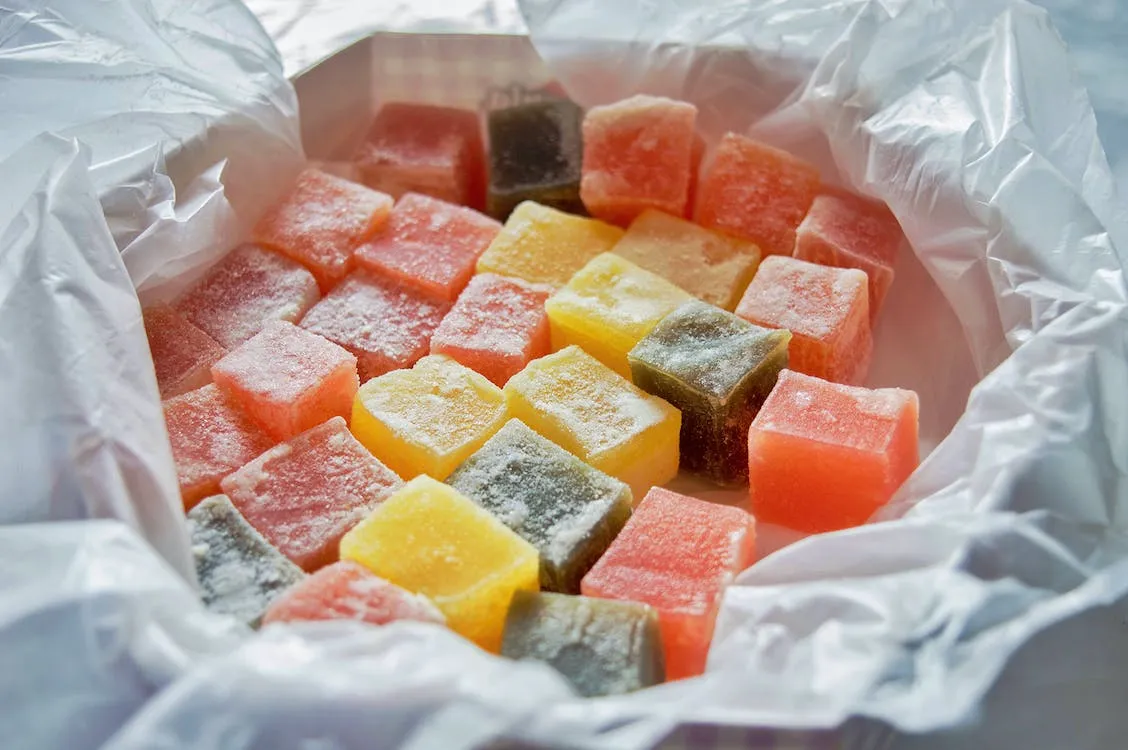“What is addiction, really? It is a sign, a signal, a symptom of distress. It is a language that tells us about a plight that must be understood.” – Alice Miller
Have you ever caught yourself passing by a wonderful looking chocolate store, full of delicious cakes and sweets, and feeling so ecstatic … like you’ve seen a gorgeous lady or a handsome guy, smiling and checking you out? Or thinking: “O.M.G. I am so in love with this store! I would eat all of it … everything.

Or, have you seen how a small child behaves after just one block of chocolate? Not to sound like C.K. Louise, but honestly, it’s a terrible thing to do ... not just to your kid, with diluted pupils acting like they took ecstasy or speed, but to yourself as well! Why? Because, the sugar “coming-off” thing is about to happen, and you’re about to witness your kid all-over-the-place! You’ll be lucky not to get kicked between your legs, face, chest, or even spat on. Not to mention that your former little darling will now sound and look like a “Chocolate Zombie” … which is scary!
See, that right there, is one of society’s “allowed,” or rather, most heavily encouraged addictions (next to alcohol) – SUGAR!
We all know scientists have found that sugar is extremely addictive. It actually stimulates the same pleasure centers of the brain as cocaine or heroin. Sugar withdrawal and cravings are similar to THC or coffee withdrawal, and it takes a comprehensive detox process to wean yourself from the terrible symptoms of sugar addiction.
So … how does it work?

Let’s say you just ended a toxic relationship and ate a comfort food with your movie, or took a piece of cake in some restaurant, or just got drunk (alcohol also contains a huge amount of sugar). For sure, your dopamine levels spiked and you felt better for a moment. Now, however, your organs are working overtime to digest all that sugar so that your poor body can rebalance its chemistry again. Your pancreas and liver are definitely not thanking you!
Not long thereafter, you will suffer withdrawal symptoms … since your dopamine levels are dropping and now you again feel those emotions that were briefly “numbed out” with sugar. The usual response? Go for more, right?!
Or, let’s say, your kid is having one of those hellish days. And you just can’t figure out how to “rescue” the situation. All you want is some sanity and a bit of peace! So you give your little darling the chocolate. The distraction works. The drugs kick in! And everything stops for a moment. No yelling, no running around, just peace. Sounds good, right?
Don’t be tricked, this doesn’t last. Very soon, the cycle is repeating itself!

Neuroscientist Dr. Nicole Avena clinically studied why people eat food that is not in their best health interest. What she found, was fascinating. It is known that addictive drugs act on brain systems which evolved to reinforce natural behaviors such as sex and feeding. She found that there are “overlaps” in brain pathways activated by palatable foods and drugs, and that sugar is particularly overstimulating this “brain rewarding system.” The brain works the same with drugs and sugar – the dopamine system is stimulated, which is a neurotransmitter. With sugar abuse, the pattern of release of dopamine levels is more akin to what you would see with hard drugs, and dissimilar to what you would generally see with regular healthy food.
“We should start with children. Stop giving them chocolate as reinforcing food.” – Nicole Avena
Unfortunately, the sugar addiction problem doesn’t stop there …

When sugar is in our system we stimulate a food reaction which is very dangerous for our health. In our intestines lives Candida Albicans, a pathogenic yeast, and a common member of our gut flora. But, when overgrowth occurs, humans suffer symptoms only marginally better than food poisoning. Our gut is also full of natural bacteria that feed on the yeast and keep levels naturally low, in order to stop it from becoming a problem.
The yeast becomes problematic when it grows beyond normal levels and spreads throughout the gastrointestinal tract, into the bloodstream, and from there throughout the body. It feeds off sugary food, alcohol, bread, pasta, and food high in carbohydrates. The worst thing is that, even when we quit eating sugar, it continues to give us cravings … like a parasitic organism.
If we take a look at another perspective and point out the massive intake of sugar around the world, the concordant obesity, and diabetes levels in our population, why is this not being addressed at a global level?
There are many researchers, scientists, and doctors addressing this problem, but the fact that humans are turning into Chocolate Zombies, rather than using food as fuel to build up the body, is as scary as the Apocalypse itself (in fact, it is a kind of apocalyptic event!).

Still, there are commercials everywhere ramming delicious sugary food down our throats. It’s as if we are programmed and forced into this addiction, in order to allow the monster corporations to make their obscene profits.
This might sound like one of those conspiracy theories, but it is proven sugar is addictive as cocaine, and it is sold everywhere, isn’t it?! As the eternal question goes … “cui bono” (who benefits?), the answer to that seems pretty obvious. Certainly not humanity.
The only real question is, whether there is a “safe” measure for us as the consumers, or should we not use it at all?
“If you can quit for a day, you can quit for a lifetime.” – Benjamin Alire Sáenz
Even though we are humans and chocolate might be one of the best things ever made, there do exist ways to enjoy it without becoming addicted to sugar and thereby providing a feeding-frenzy for other organisms in our bodies.
So, now you know all the above, what do you think? Are we having a Chocolate Zombie Apocalypse, or what?!
If you liked this post, then you would probably also like my other recent articles:
Have a wonderful day, week, and life!